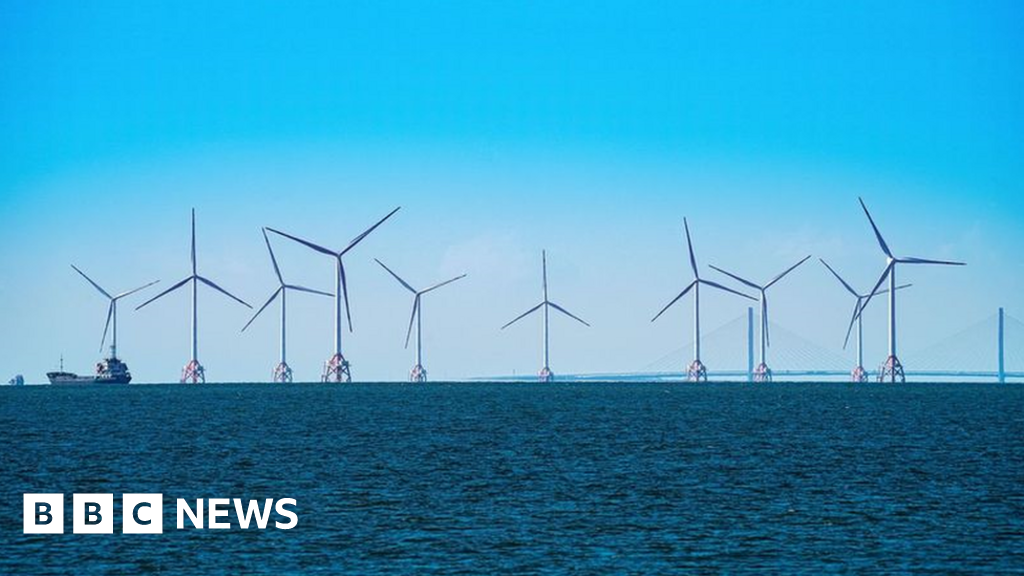We have threads about when best to charge for cheapest electricity, but few, if any, about when best to charge for least carbon intensity footprint.
So an article about retrospective generation over the recent Easter weekend to start things off

Going forward, carbon forecasts can be found at Carbon Intensity
As things stand today, if you can put of charging until tomorrow, it would be better.


So an article about retrospective generation over the recent Easter weekend to start things off

Britain's electricity system 'greenest ever' over Easter
Sunny and windy weather led to a surge in renewable sources of energy, the operator says.
www.bbc.co.uk
Going forward, carbon forecasts can be found at Carbon Intensity
As things stand today, if you can put of charging until tomorrow, it would be better.


